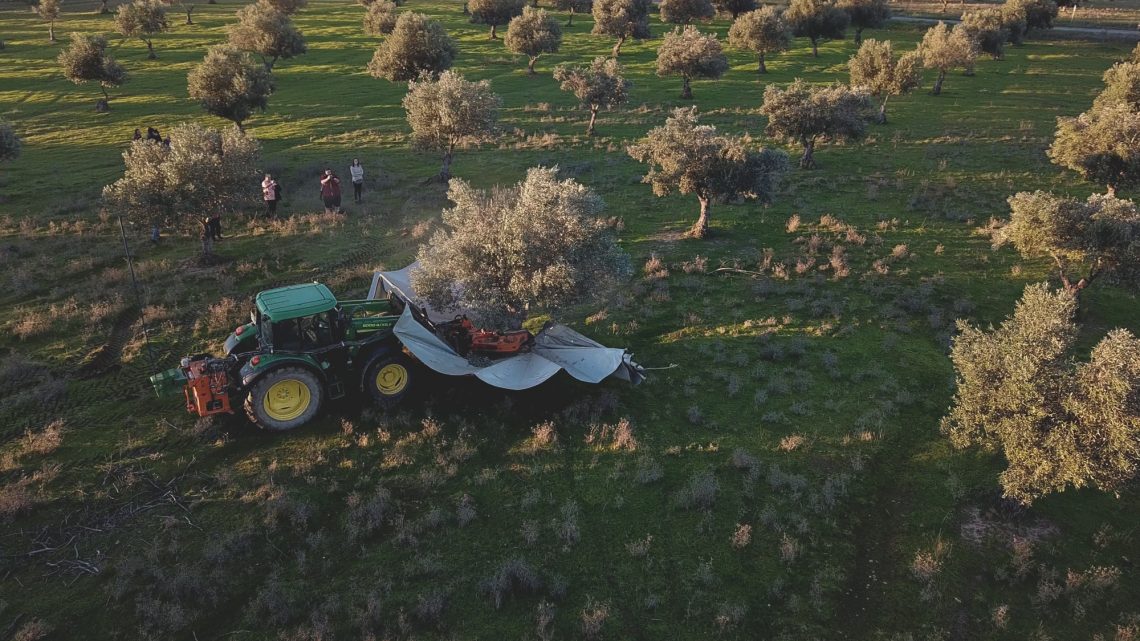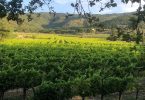Expanses of olive groves, vineyards and a very suggestive landscape dimension. This is the Alentejo, an enchanting Portuguese region.
The typical cultivars of the area are Galega, Cordovil de Serpa, Verdeal Alentejana and Cobrançosa.
In the northern Alentejo, with Évora the center of the main production of extra virgin olive oil, the main varieties of olives are Galega Vulgar, Carrasquenha and Redondil. The olive oils from this region combine fruits of different varieties with apple tones and other ripe fruits.
The Moura region is known for the production of olive oil and for the Protected Designation of Origin. The Cordovil de Serpa, Galega Vulgar and Verdeal Alentejana varieties give life to a very fruity, bitter and spicy oil.
CEPAAL is the Association created to promote and disseminate the culture of the region’s Extra virgin olive oil. A region whose olive production is internationally appreciated, as Mariana Teles Branco explains.
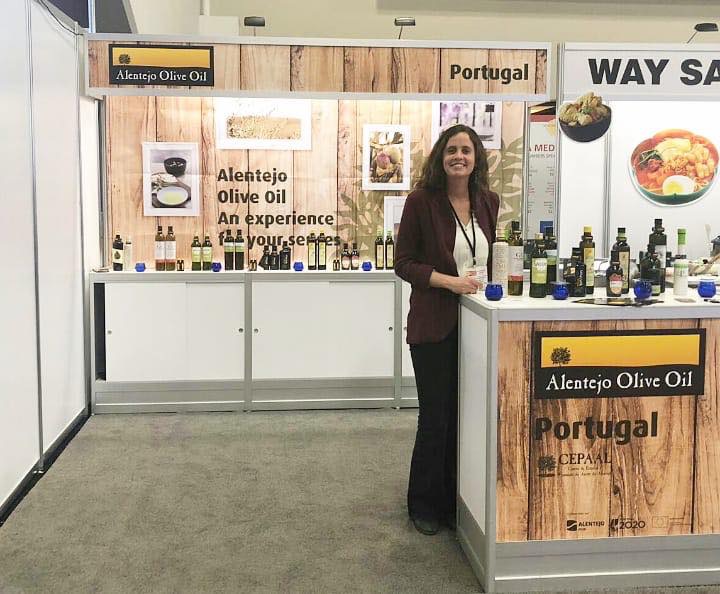
©CEPAAL- Mariana Teles Branco
2022 will be another challenging year. What are the next goals of your Association to promote the culture of Extra virgin olive oil and, specifically, of the Alentejo area?
CEPAAL’s main objective will always be to stimulate, enhance and promote the Portuguese olive oil sector in general, and the Alentejo in particular, and 2022 will be no exception. Despite another very challenging year ahead, our priority is to remain close to our associates (producers and institutions) and to get even closer to consumers, promoting this liquid gold that is olive oil and which is, in particular, olive oil from Alentejo region.
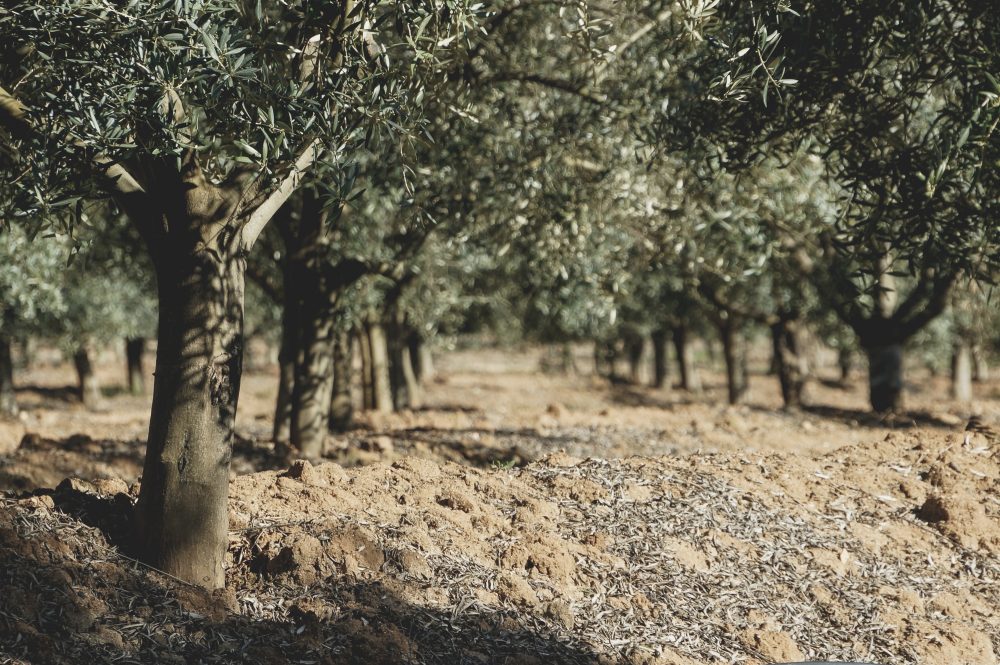
©CEPAAL
The excellence of Portuguese Extra virgin olive oil, in particular, from Alentejo is known throughout the world and every year its value grows, despite the competition. Which foreign markets appreciate your production and which countries where you are not yet positioned are you aiming for the future?
Portugal’s name in the olive sector world is increasingly prestigious. And one cannot speak of olive oil from Portugal without mentioning the Alentejo region, responsible for over 80% of national production.
Over the last few years, as the sector has grown and become more professional in the region, we have witnessed increased recognition by consumers and other professionals regarding olive oil from the Alentejo – proof of this are the numerous distinctions received in various national and international competitions. But there is still a long way to go, many markets to strengthen our position and others to open.

©CEPAAL
The exportation of Portuguese olive oil has focused essentially on three main markets: Spain, Brazil and Italy, but also to Angola, Poland, USA, France. There are other countries whose presence of Portuguese olive oil, namely from the Alentejo, is still small but represent a relevant opportunity, namely the Northern European countries, Japan and Canada.
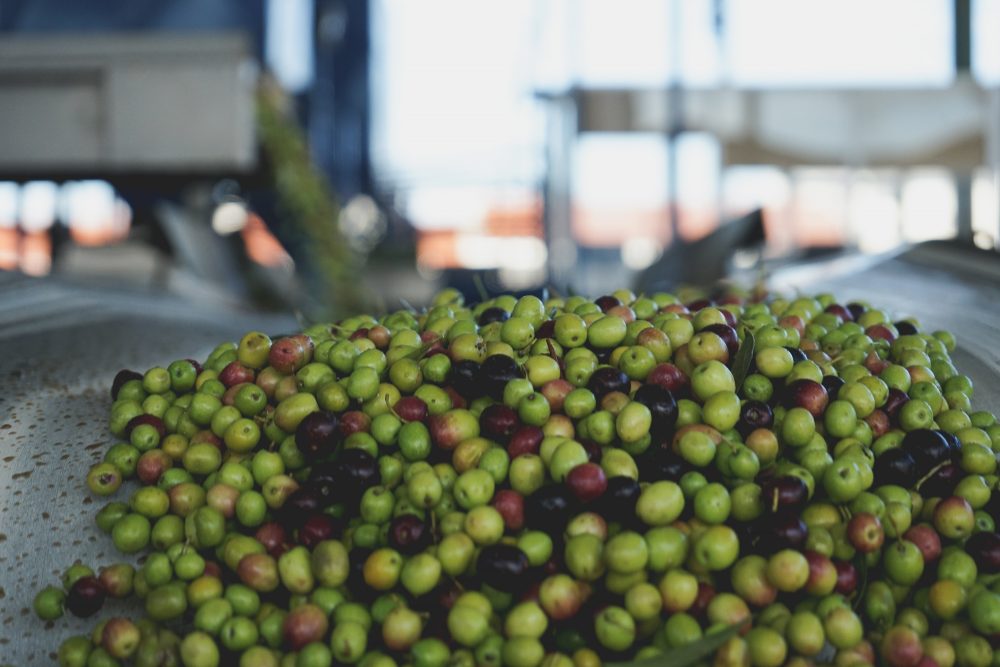
©CEPAAL
The unique characteristics of the Alentejo area we have discussed here: here make your Extra Virgin Olive Oil production of high quality. From this point of view, are there still further margins for improvement that are independent of the soil and climatic characteristics, for example as regards the technology used?
There is always room for improvement in any area, and the olive sector is no exception. In recent years we have witnessed a professionalisation of the sector in the Alentejo region, with great investment in technology without forgetting the knowledge acquired over many years of tradition, but there is still much to do and much to learn.
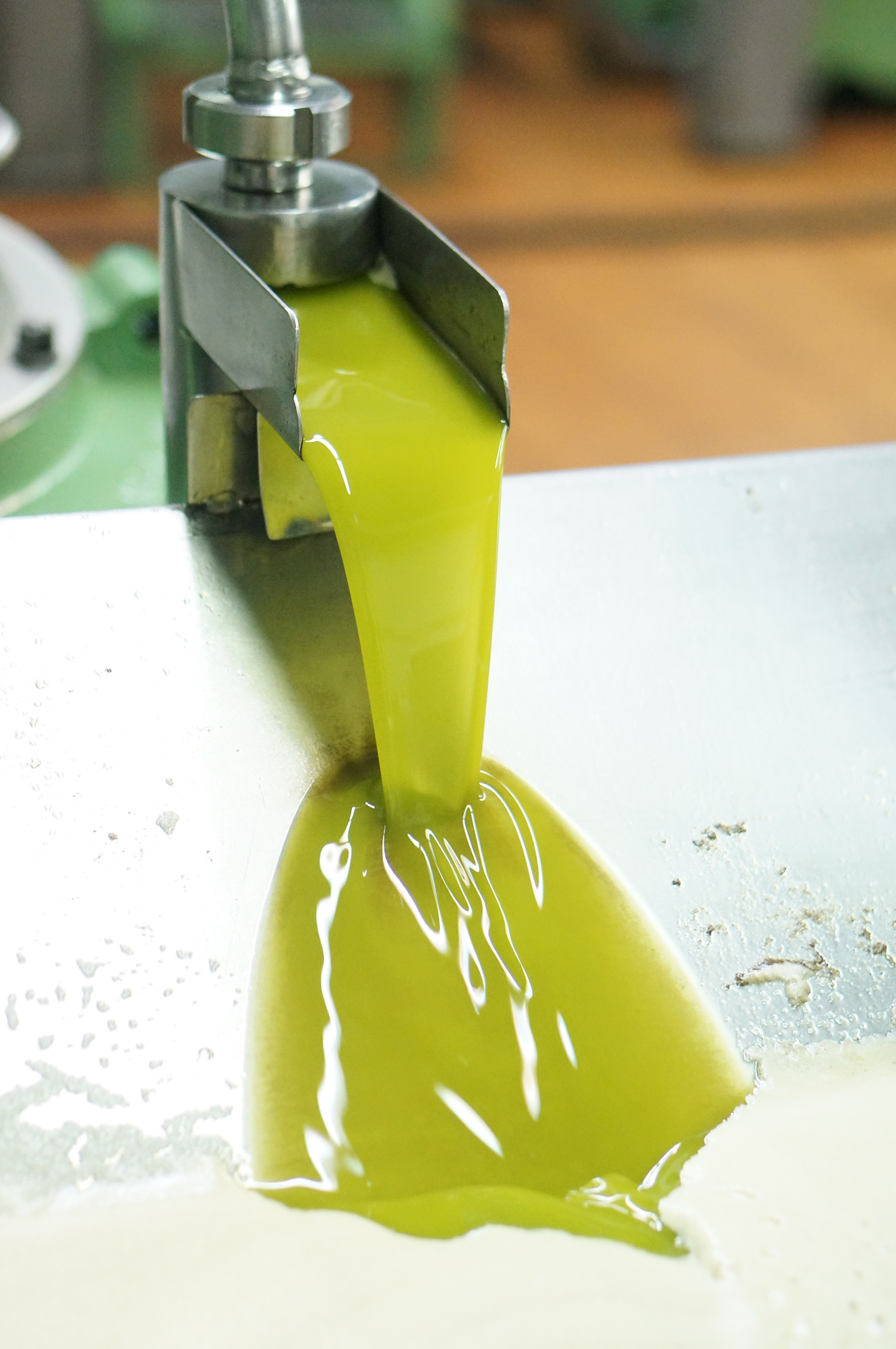
©CEPAAL
Why choose Alentejo Extra virgin olive oil?
There are a number of factors that make Olive Oil from the Alentejo region unique and worthy of choice. Its harmonious and complex fruitiness, with marked notes of apple and dried fruit, catch our attention. But all the surroundings, from the people and inherent tradition to the landscapes and fields of the region, complement what is our liquid gold.
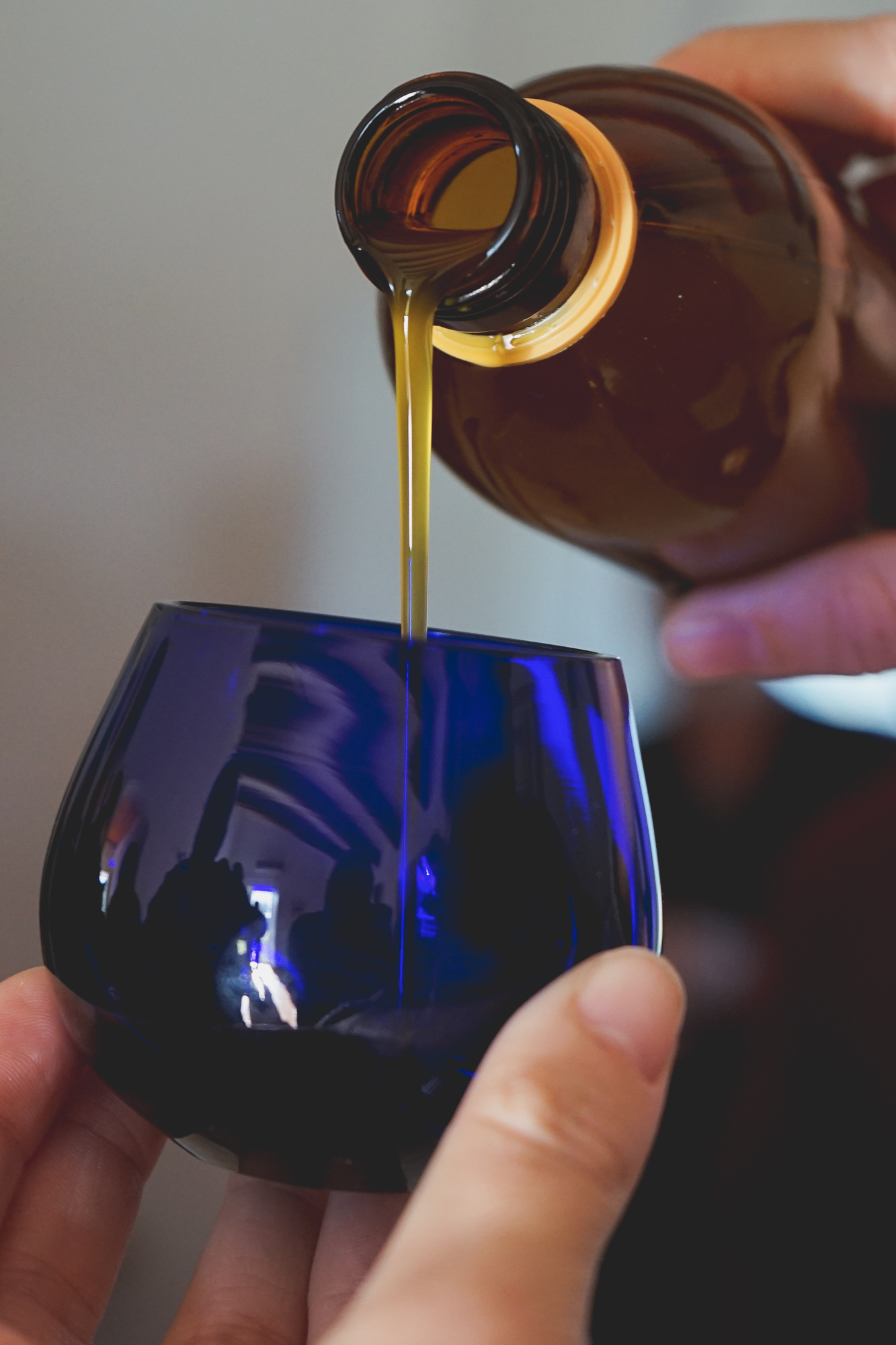
©CEPAAL
Rather than just choosing olive oil from the Alentejo, we invite you to visit the region, watch the entire olive oil extraction process in loco, meet the people responsible for it and marvel at the region’s landscapes and gastronomy. CEPAAL will be delighted to welcome you.
The Wolf Post is free, always without paid content.
It is supported by a non-profit Association.
Yet, your contribution would also be a sign of appreciation for our work.


